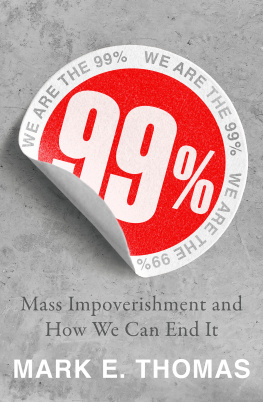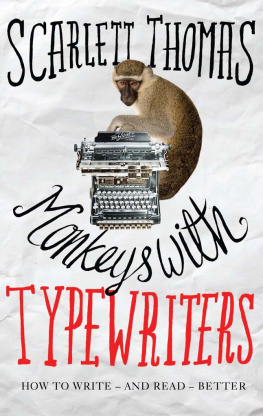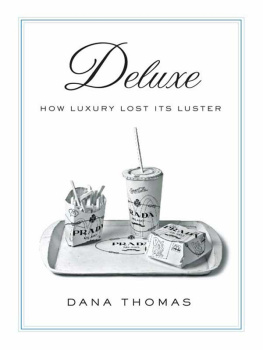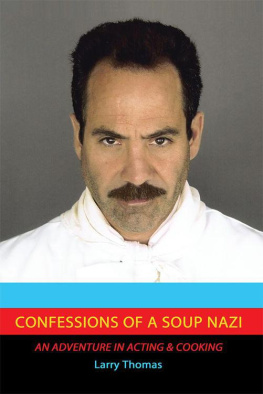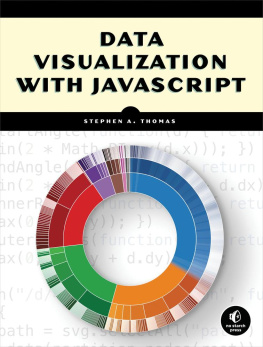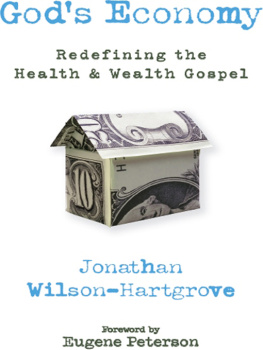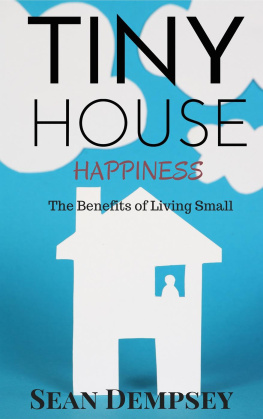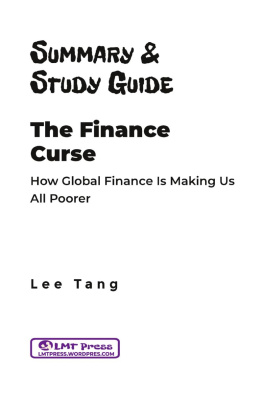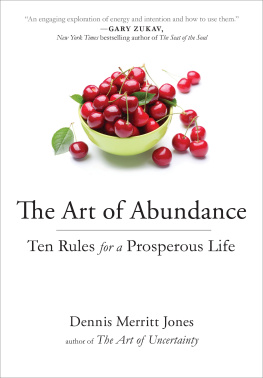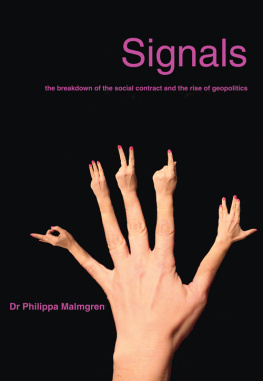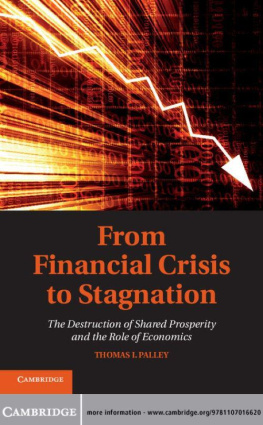If you are concerned about your future but would never dream of reading a book about the economy you should read this one!
Hugh Pym
BBC Health Editor
Former BBC Chief Economics Correspondent
Policy-makers face stiff challenges. 99% will help them to navigate the minefield.
Andrew Harrop
General Secretary of the Fabian Society
In the age of Trump, Putin, and Brexit, it is difficult to be an optimist. But 99% opens a route forward it deserves to be read by all those in a position of influence.
Sten Scheibye
Former Chairman of Novo Nordisk
Structural changes in society risk creating a generation poorer than its parents. 99% clearly sets out both the problem and its solution.
Fiona Devine
Head of Alliance Manchester Business School and Professor of
Sociology at The University of Manchester
Without concerted action, many countries face the prospect of a lost generation. This book will start a movement to prevent that from happening.
Nicholas Anderson
Chief Executive Officer, Spirax-Sarco Engineering plc
Marks book provides the story which is likely to drive material regime change in markets. All investors who purport to serve their clients should read it.
Henry Maxey
Chief Investment Officer, Ruffer LLP
Many businesses depend for their long-term health on the continued existence of a thriving middle class. Any executive in such a business should read 99% .
Ken Lever
Chairman, RPS Group plc and Biffa plc
Anyone thinking of studying economics should first read 99% .
Steve Keen
Professor of Economics at Kingston University
99% shows how business can be a force for good in a mixed economy and the role Government must play to make this happen.
David Pitt-Watson
Former CEO of Hermes Focus Asset Management
and Visiting Fellow at Cambridge University

Mass Impoverishment and How We Can End It
MARK E. THOMAS
AN APOLLO BOOK
www.headofzeus.com
First published in the UK in 2019 by Apollo, an imprint of Head of Zeus Ltd
Copyright Mark Thomas, 2019
The moral right of Mark Thomas to be identified as the author of this work has been asserted in accordance with the Copyright, Designs and Patents Act of 1988.
All rights reserved. No part of this publication may be reproduced, stored in a retrieval system, or transmitted in any form or by any means, electronic, mechanical, photocopying, recording, or otherwise, without the prior permission of both the copyright owner and the above publisher of this book.
A catalogue record for this book is available from the British Library.
ISBN (FTPO) 9781789544503
ISBN (E) 9781789544527
Images Shutterstock
Graphs designed by Jeff Edwards
Head of Zeus Ltd
First Floor East
58 Hardwick St
London EC1R 4RG
WWW.HEADOFZEUS.COM

WHEN DARWIN proposed his Theory of Evolution based on natural selection, it took time to win over the scientific community. Although the general concept of evolution was quickly accepted, the specific mechanism Darwin proposed, natural selection, was not fully accepted by scientists until the 1940s.
The General Theory of Relativity was published in 1915 but not widely accepted until the 1960s.
And it took 359 years after Galileos recantation for the Catholic Church to accept that the Earth moves around the Sun.
Clearly, accepting big ideas takes time.
But in the case of this book, we dont have much time. Our society is on a path towards self-destruction. And at the current rate, by 2050 it will no longer be recognizable.
So, I have an urgent request. Once you have read this book, please pass it on to a friend. Discuss the ideas with your family, with your colleagues, with your friends and acquaintances. And please act on the suggestions in Part Three.
Change will happen if we all play our part please make sure you play yours.
MET, November 2018
99-percent.org
Table of Contents
It is never too late to give up our prejudices. No way of thinking or doing, however ancient, can be trusted without proof.
Henry David Thoreau
My reason for writing this book is one that I hope will resonate with you. I want to help build a world fit for my childrens generation and their children to live in.
In recent years, much as Id like to believe the opposite, Ive come to see that the world that we are building may well not be fit for future generations. If I can help to change this, I will and thats why I want to share the information Ive gathered with you so that, together, we can put the world back on track.
Let me explain. When my children were born, I took it for granted that economic progress would ensure that they would have more opportunities and probably become better off than I am. It seemed to me and, I suspect, to many other people at the time, that it was almost a law of nature that each generation would have greater opportunities than the last.
Certainly this was true for my predecessors. None of my grandparents went to university. My fathers father worked for Ford Motor Company, while his wife stayed at home. They had a comfortable middle-class life. My mothers father was a bookkeeper and his wife was a nurse. They were slightly less comfortable, but not poor.
My parents came of age after the Second World War at a time when, if you were bright and worked hard, you could go to university. They both did in fact, they met at university my mother studying history, and my father engineering. As graduates, they had a greater choice of more interesting jobs: my mother as a journalist and as a teacher; and my father in research and development, technical journalism and, ultimately, press relations.
As a result, my parents were better off than my grandparents, just as I am better off than my parents.
Yet today, we are looking at the first generation in living memory who can expect to be poorer than their parents, even as the economy continues to grow.
This is unprecedented.
No generation in modern history has been poorer than its parents.
And they could be quite a lot poorer.
It took me a long time to come to this shocking realization. Let me tell you how I came to it. Its a long story but the really crucial events leading me to write this book happened rapidly in the past few years.
I ran the strategy-consulting practice in a major international consulting firm, working with clients both in the private sector and in government to resolve strategic challenges, and to predict and manage developing trends in the world of business, and more broadly in global affairs. Exploring the future was part of my job.
One of my colleagues ran the defence and security practice. This was a large and successful part of the firm, which dealt with some huge and important public-sector projects. But it didnt have access to the top-level contacts we enjoyed in my own area. One day, my colleague asked me whether we might be able to work together to build a network of contacts at the most senior level in the defence and security services, and apply the analytical techniques of business strategy to urgent problems of national security.
It wasnt long before our first test came. In 2011, the Arab Spring erupted. Most Western countries were caught on the hop by a wave of revolutions that swept through the Arab countries. Yes, there were individual specialists within Western governments who had felt that something was brewing, but institutionally , collectively, the West was unprepared. Diplomatic services, armed forces and security services all had to scramble to react, to understand the global ramifications and to develop policy responses and fast.

